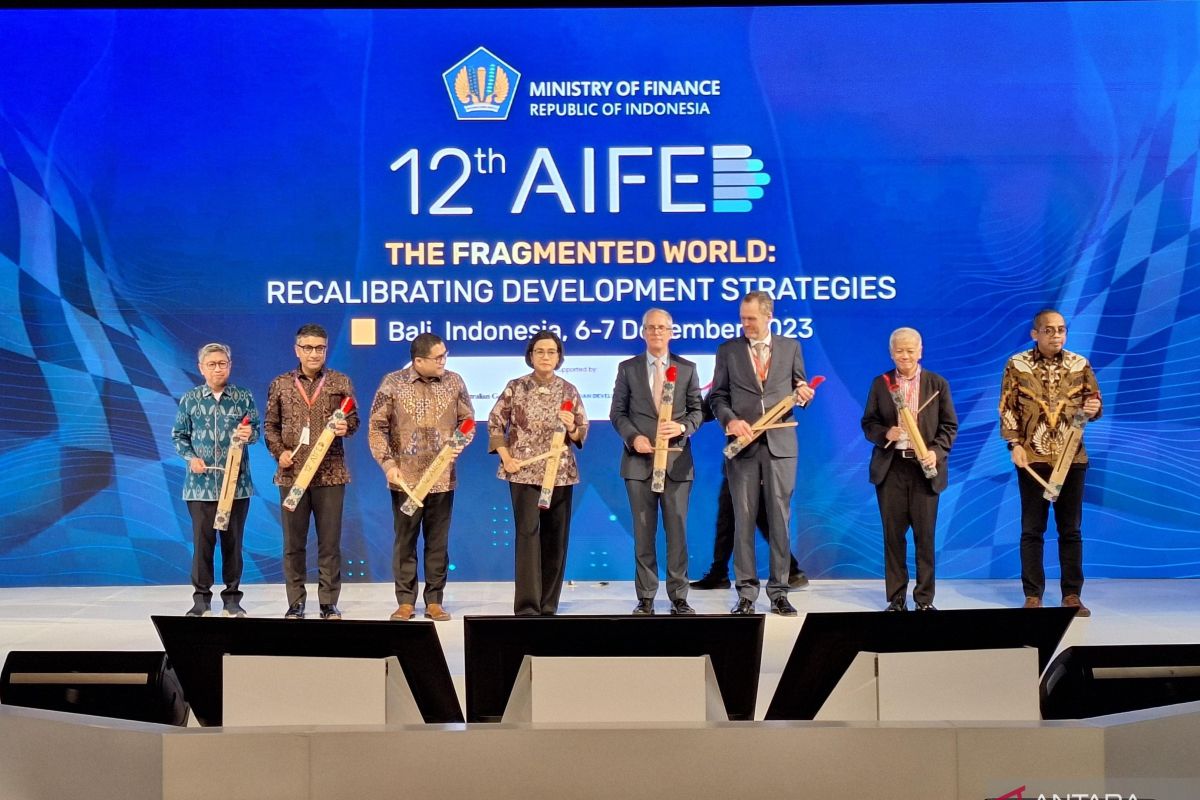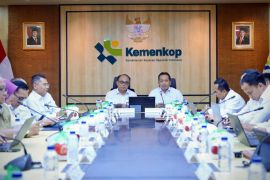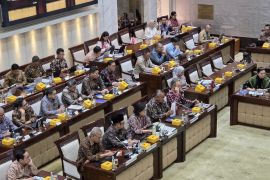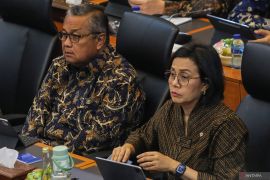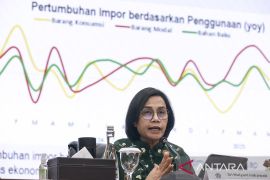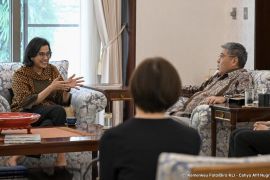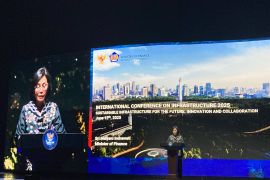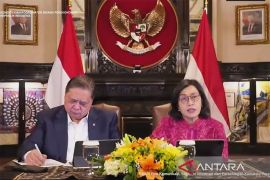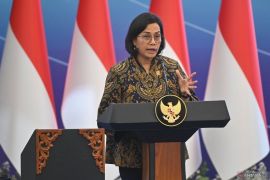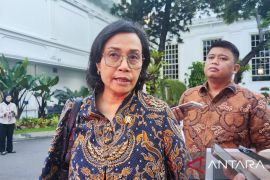Indrawati observed that the global geoeconomic fragmentation has been largely triggered by the increasingly heated geopolitical tensions and fierce competitions in the technology industry, without overlooking the impacts of the United Kingdom's decision to leave the European Union.
"We have been witnessing increased complexity of the global economy. In many headlines, we can see that geopolitical tensions have led countries to be more inward-looking," she remarked during the Annual International Forum of Economic Development and Public Policy 2023.
Indrawati noted that the geoeconomic fragmentation induced by the negative trends has resulted in several challenges, including one related to a decline in mutual trust among countries that will, in turn, impede international trade activities.
The minister cautioned that such a condition could disrupt global supply chains, given that western countries would tend to prioritize regional or bilateral trade cooperation.
The state treasurer expressed concern over the possibility of the condition pushing plenty of countries to form their own regional blocks.
"This condition can lead to brand new trade and investment dynamics," she stated.
The minister then expressed belief that the geoeconomic fragmentation could lead countries to prioritize their own national interests and unilateral actions rather than collective measures, thereby posing threats to the global structure and trade.
Related news: Predicting current direction of global economy not easy: Widodo
Indrawati then drew attention to the emergence of a new phenomenon known as techno-nationalism in developed countries while noting that the phenomenon could endanger multilateral cooperation.
According to the minister, the phenomenon was triggered by developed countries' concern over economic sovereignty, technological domination, and national security, leading the countries to shift their focus on investing efforts to emerge as the champion of technology utilization.
"The so-called tech war between China and the United States that has led to the pursuance of domestic innovation, control over exports, and restrictions on the transfer of technology to other countries is one of the examples," she remarked.
However, she noted that Indonesia's economy has continued to demonstrate a relatively stable performance in the midst of the fragmentation, as evidenced by the country's steady economy growth rate of about five percent in the last eight quarters.
Fiscal policies have proven to be effective in dampening shocks, maintaining national stability, and keeping Indonesia's economic growth at a solid level, she stated.
"Indonesia has continued to play a constructive role amid the difficult, challenging, and ever-changing global landscape. In accordance with our Constitution, we continue playing such a role by ensuring that the world is built based on peace, sovereignty, and equality," Indrawati affirmed.
Related news: Indonesia stays strong amid global challenges: Finance Minister
Translator: Bayu S, Tegar Nurfitra
Editor: Yuni Arisandy Sinaga
Copyright © ANTARA 2023
